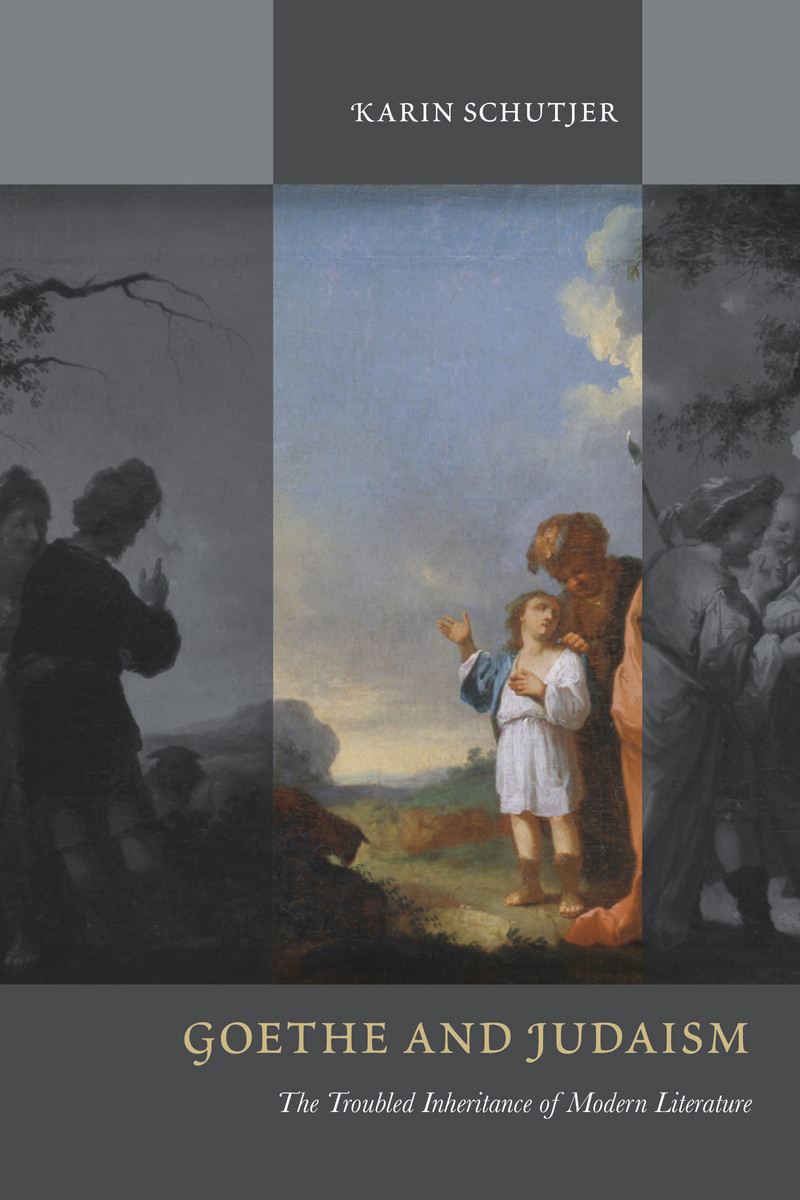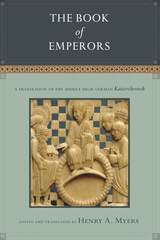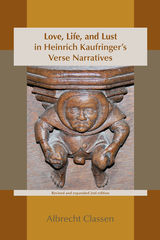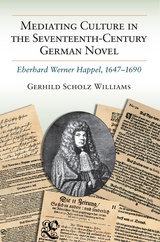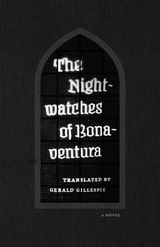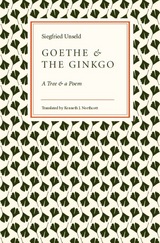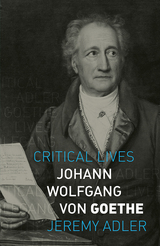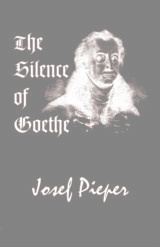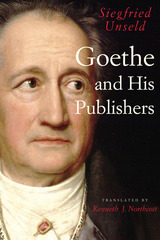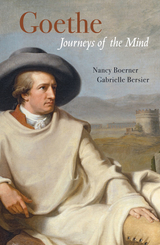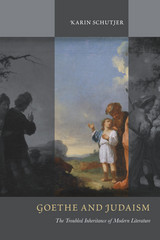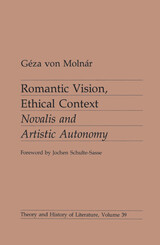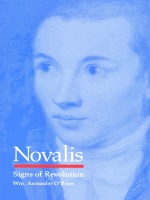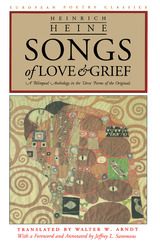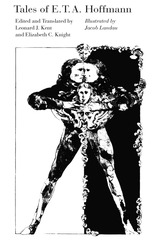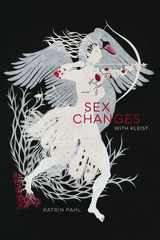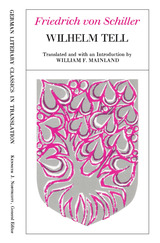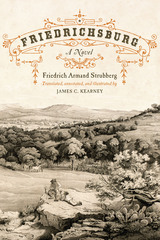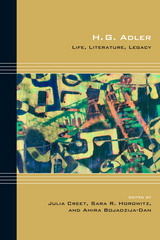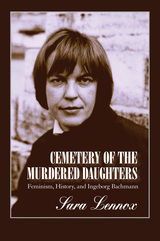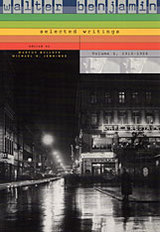Goethe and Judaism: The Troubled Inheritance of Modern Literature
Northwestern University Press, 2015
Paper: 978-0-8101-3173-6 | Cloth: 978-0-8101-3133-0 | eISBN: 978-0-8101-3166-8
Library of Congress Classification PT2200.J4S38 2015
Dewey Decimal Classification 832.6
Paper: 978-0-8101-3173-6 | Cloth: 978-0-8101-3133-0 | eISBN: 978-0-8101-3166-8
Library of Congress Classification PT2200.J4S38 2015
Dewey Decimal Classification 832.6
ABOUT THIS BOOK | AUTHOR BIOGRAPHY | TOC | REQUEST ACCESSIBLE FILE
ABOUT THIS BOOK
In Goethe and Judaism, Schutjer aims to provide a broad, though by no means exhaustive, literary study that is neither apologetic nor reductive, that attends to the complexity and irony of Goethe’s literary work but takes his representations of Judaism seriously as an integral part of his thought and writing. She is thus concerned not simply with accusing or acquitting Goethe of prejudice but rather with discerning the function and logic of his relationship to Judaism, as seen within his work. Her premise is that Goethe’s conception of modernity—his anxieties as well as his most affirmative vision concerning the trajectory of his age—are deeply entwined with his conception of Judaism. Schutjer argues that behind his very mixed representations of Jews and Judaism stand crucial tensions within his own thinking and a distinct anxiety of influence. Indeed, Goethe, she contends, paradoxically wrestles against precisely those impulses in Judaism for which he feels the greatest affinity, which most approach his own vision of modernity. The discourse of wandering in Goethe’s work serves as a key site where Judaism and modernity meet.
See other books on: 1749-1832 | German | Goethe | Goethe, Johann Wolfgang von | Jews in literature
See other titles from Northwestern University Press
